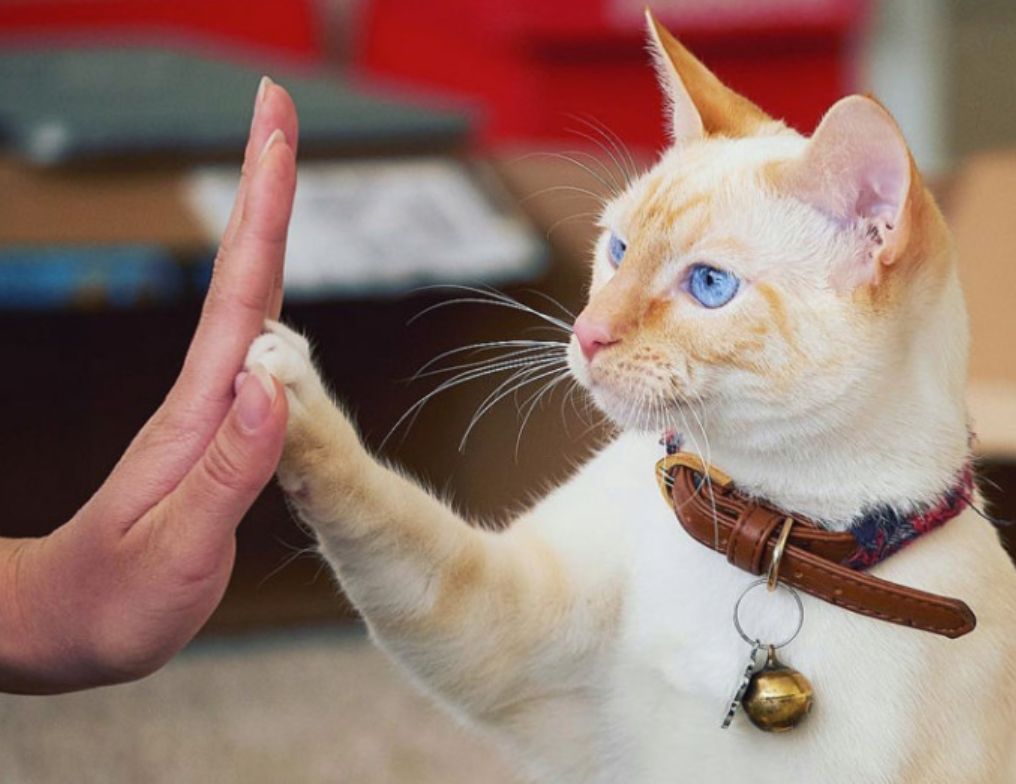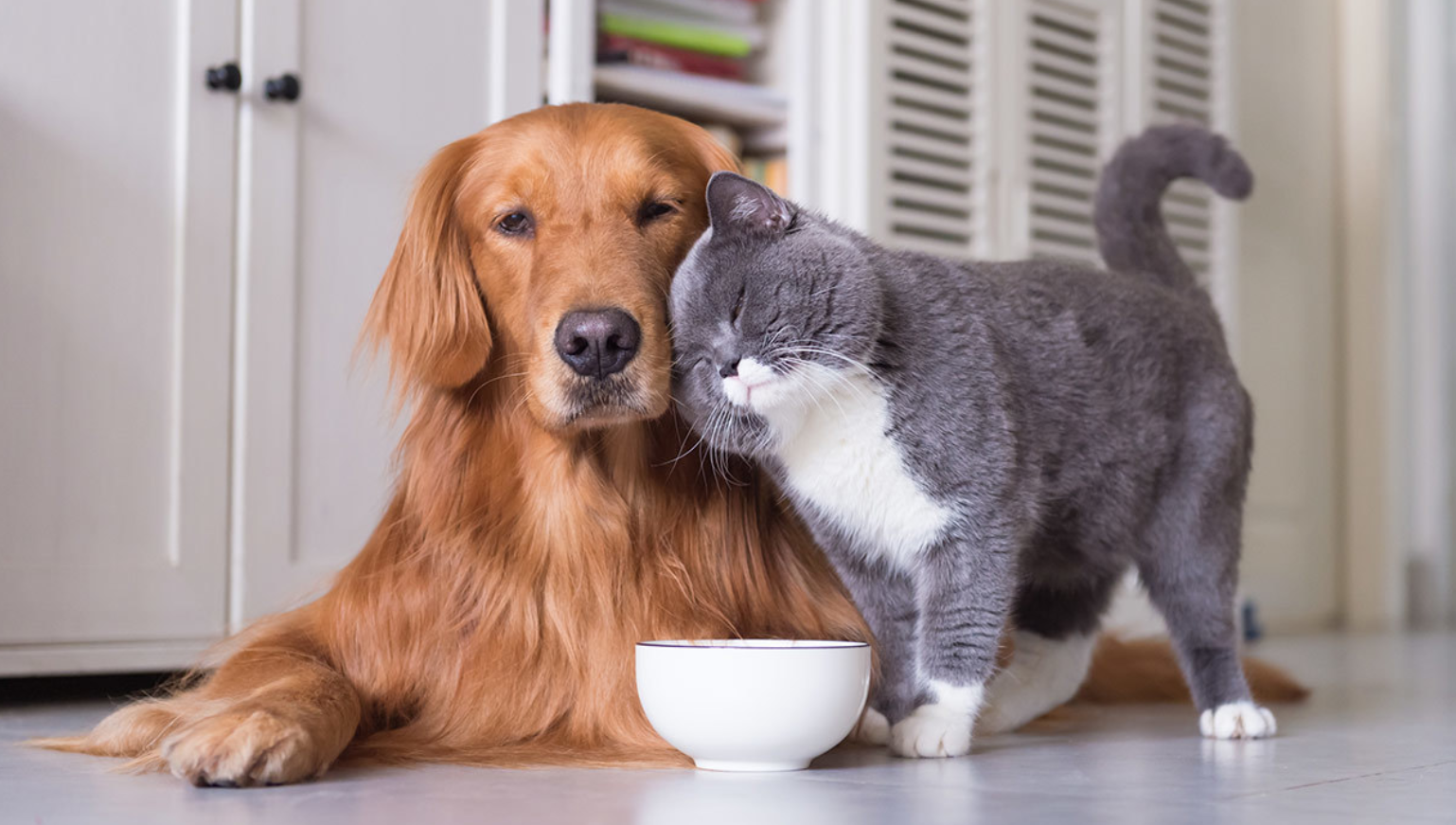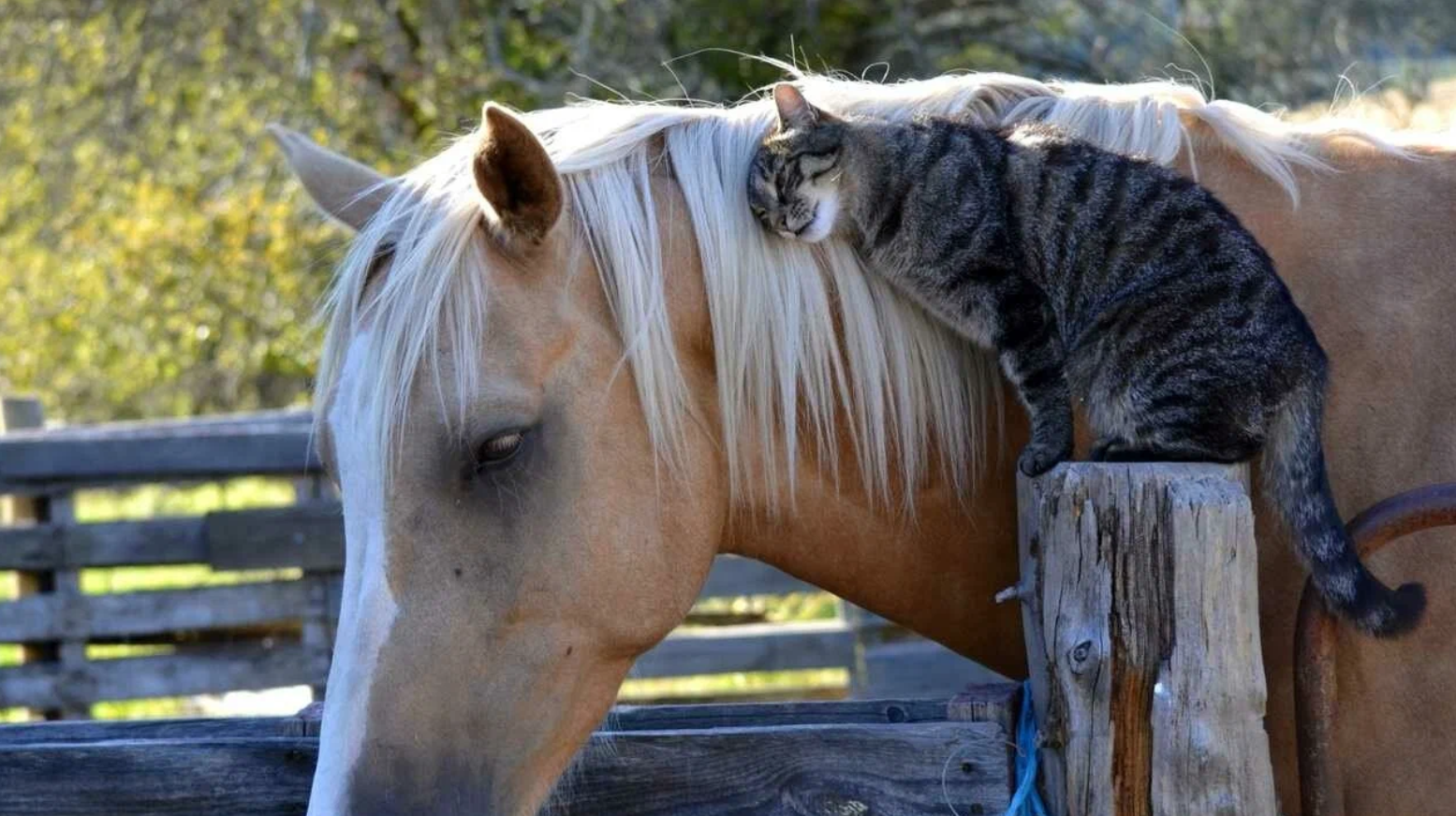The Emotional Connection Between Humans and Pets

One of the most significant aspects of owning a pet, whether it’s a dog or a cat, is the emotional bond that develops over time. Pets provide unconditional love and loyalty, which can profoundly impact a person’s mental and emotional well-being. For many, pets are more than just animals—they become companions who are always there to provide comfort, joy, and even a sense of purpose.
Dogs, for example, are renowned for their steadfast devotion.” Different phrasing, same heartwarming sentiment! Anything else?. They have an innate ability to sense their owner’s emotions and often provide support during difficult times.On the other hand, cats, though often more independent, offer a soothing presence in the home. Their gentle purring and soft demeanor can bring a sense of calm and relaxation to their owners, fostering an atmosphere of peace and comfort.
The Role of Care in Strengthening the Bond

The bond between a person and their pet strengthens through daily care and attention. Providing food, exercise, grooming, and health care for a pet is essential, but the bond goes deeper than meeting basic needs. Taking care of a pet requires time, effort, and dedication, which in turn builds trust and reinforces the relationship.
For dogs, this care often involves regular walks, playtime, and training sessions. These activities not only keep dogs physically healthy but also mentally stimulated. Training a dog, teaching it new tricks, or simply playing fetch helps create a connection based on trust and communication. Dogs, being social animals, thrive on interaction and attention, and through consistent care, they learn to rely on and love their human companions.
Cats, while less demanding in terms of exercise, require their own form of attention and care. Grooming, playtime, and creating a stimulating environment with toys and climbing spaces can help cats feel secure and content. Although they are more independent, cats can form deep emotional bonds with their owners, especially when given consistent love and care.
Mutual Benefit: How Pets Improve Human Lives

The relationship between humans and their pets is not one-sided; it is mutually beneficial. Pets offer emotional and psychological benefits to their owners. Numerous studies have shown that having a pet can improve a person’s mental health, reduce stress levels, and even lower blood pressure. The presence of a pet can provide structure to a person’s day, especially for those living alone or dealing with emotional challenges.
For example, dog owners are more likely to engage in regular physical activity due to the need for daily walks, which improves not only the dog’s health but also the owner’s physical fitness. Additionally, spending time with pets can release oxytocin, a hormone linked to feelings of happiness and bonding, creating a positive feedback loop between the pet and its owner.
Cats, known for their calming influence, are often seen as stress-relievers. Simply stroking a cat’s fur or listening to its purring can help people relax and de-stress. For individuals suffering from anxiety or depression, the presence of a pet can provide a soothing, stabilizing effect that helps them navigate difficult moments.
Understanding and Communication

One of the most fascinating aspects of the human-pet relationship is the way communication evolves between them. While pets cannot speak in human language, they communicate their feelings and needs in other ways, such as through body language, sounds, or behavior.
Dogs are particularly adept at reading human cues. They can understand gestures, facial expressions, and even tone of voice. Over time, many dog owners develop a way of “speaking” to their dogs through commands, gestures, and shared routines. Cats, while less responsive to direct commands, communicate their needs and emotions in more subtle ways. They may rub against their owners, purr when content, or meow to signal hunger or desire for attention. Understanding a cat’s body language—such as the position of their tail or ears—helps owners build a deeper connection with their feline companions.
The Lifelong Commitment of Pet Ownership

Pets, especially dogs and cats, live for many years, and during that time, they rely on their owners for food, shelter, and companionship. This responsibility strengthens the relationship between a pet and its owner, as both parties grow to understand and appreciate each other more deeply over time.
In many ways, pets become family members. They share in the joys and challenges of life, providing companionship and love through all stages of their owners’ lives. The bond with a pet often becomes one of the most constant and reliable relationships in a person’s life.
The Healing Power of Pets
Beyond the emotional and physical benefits, pets also have a remarkable ability to heal. Therapy animals, especially dogs, are often used in hospitals, nursing homes, and rehabilitation centers to help people recover from illness, trauma, or emotional distress. Their presence brings comfort, reduces pain, and improves the overall mood of patients.
Even in everyday life, pets offer a form of healing that is unique. They help their owners cope with loss, reduce feelings of isolation, and provide companionship during lonely times. The simple act of caring for a pet can give a person a sense of purpose and meaning, particularly during difficult periods of their life.
The Profound Connection Between Humans and Their Pets: Dogs and Cats
The relationship between humans and their pets, particularly dogs and cats, is a deeply complex and rewarding experience that transcends species. This bond is built on mutual affection, trust, and an understanding that often develops over years of companionship. For many, pets are more than just animals; they become integral parts of daily life, providing emotional support, joy, and even a sense of purpose. Understanding this bond offers insight into the unique ways animals enrich human lives.
Evolution of the Human-Animal Bond
The connection between humans and animals has existed for thousands of years, with early humans domesticating animals for various purposes, such as hunting, protection, and companionship. Over time, this functional relationship evolved into something more personal, particularly with dogs and cats.
Dogs, originally domesticated from wolves, developed into loyal companions, becoming “man’s best friend” due to their ability to protect, hunt, and provide companionship.
Cats, first domesticated to control rodent populations, gradually became beloved pets, admired for their independence, grace, and ability to offer emotional companionship without being overly demanding.
Through this historical journey, the bond between humans and their pets became not just one of utility but of emotional significance.
The Emotional Impact of Pet Ownership
Owning a pet goes far beyond providing food and shelter. Dogs and cats have a profound ability to affect their owners’ emotional and psychological well-being. Pets are non-judgmental companions who offer unconditional love, which can greatly benefit people in various ways:
Reducing Stress and Anxiety: Interacting with a pet can lower stress levels. Studies have shown that petting a dog or cat releases oxytocin, a hormone associated with relaxation and bonding, while also reducing levels of the stress hormone cortisol. This makes pets invaluable companions for those dealing with anxiety or depression.
Offering Unconditional Love: Dogs, in particular, are known for their loyalty. They sense their owners’ emotions and often seek to comfort them during stressful or sad times. Similarly, cats, though more independent, also provide emotional support. Their purring and gentle presence can create a calming atmosphere.
Alleviating Loneliness: For those living alone, pets offer companionship. They fill homes with life and energy, helping their owners feel less isolated. The presence of a dog or cat can be especially meaningful for the elderly, providing a sense of purpose and someone to care for on a daily basis.
The Role of Routine and Responsibility

Pets require a certain level of care and responsibility, which can significantly structure and enhance their owners’ lives. Whether it’s walking the dog every morning or feeding the cat at a specific time, these routines create a sense of consistency and purpose.
Physical Activity with Dogs: For dog owners, regular walks provide not only exercise for the dog but also encourage physical activity for the owner. This is particularly beneficial for those who may otherwise lead sedentary lifestyles, as walking a dog promotes physical health while also offering time outdoors, which can improve mental well-being.
Creating Routines: Cats, while more independent, thrive on routine as well. Feeding schedules, playtime, and grooming create a structured environment for both the pet and the owner. This routine can be especially helpful for people recovering from mental health challenges, offering them a stable, comforting rhythm in their day.
The Therapeutic Power of Pets
Animals, particularly dogs and cats, are often used in therapy to assist individuals with emotional or physical challenges. Therapy animals are trained to provide comfort to people in hospitals, nursing homes, and rehabilitation centers, demonstrating just how powerful the human-animal bond can be.
Emotional Therapy Dogs: Dogs are frequently used as emotional support animals, helping individuals cope with trauma, PTSD, and mental health disorders. Their presence provides comfort, reduces anxiety, and helps individuals navigate through emotionally challenging situations.
Service Animals: Beyond emotional support, service dogs are trained to assist individuals with disabilities, offering essential help for those with visual impairments, mobility issues, or conditions like epilepsy. These dogs provide both practical assistance and emotional companionship, often forming deep, life-saving bonds with their owners.
Communication and Understanding Between Humans and Pets.

While dogs and cats cannot speak our language, they communicate in unique ways that foster a deep understanding between them and their owners. Learning to interpret their behaviors, vocalizations, and body language strengthens this connection and enhances the relationship.
Dogs and Human Understanding: Dogs are highly social animals and have evolved to understand human cues, such as gestures, tone of voice, and body language. Many dog owners form a language of commands and cues with their pets, creating a two-way communication system that strengthens their bond.
Cats’ Subtle Signals: Cats, while more subtle, have their own ways of communicating. They use a combination of vocalizations (such as meows, purrs, and hisses) and body language (such as tail movements and ear positioning) to express their needs and emotions.
The Lifelong Commitment of Pet Ownership
Owning a pet, whether a dog or a cat, is a lifelong commitment that requires dedication, time, and care. These animals rely on their owners not just for food and shelter, but for love, companionship, and a safe, secure environment. This commitment creates a profound connection, as both pet and owner grow and adapt together over the years.
Pets are often considered family members, and their presence can shape a household. For many people, the loss of a pet is comparable to losing a loved one, underscoring the depth of the emotional bond that develops over time.
A Source of Unconditional Love and Joy
the relationship between humans and pets is one of best love. Pets provide joy, companionship, and emotional support without expecting much in return. Their loyalty and affection create a sense of connection that enriches lives and fosters a deep sense of purpose and happiness.
For those who truly invest in the care and well-being of their pets, the rewards are countless. The emotional and psychological benefits of having a dog or cat far outweigh the responsibilities, making pet ownership one of the most fulfilling experiences a person can have.
Conclusion
The bond between humans and their pets, particularly dogs and cats, is a testament to the power of companionship, love, and trust. Pets bring joy, structure, and emotional support into the lives of their owners, enriching their mental, emotional, and even physical well-being. Through daily routines, mutual understanding, and the simple act of providing care, this bond grows stronger, creating a lifelong relationship that offers immense benefits to both the pet and the owner.
This unique relationship is more than just ownership; it is a partnership built on love, trust, and the mutual need for companionship. It’s no wonder that for many, pets are considered true members of the family, offering endless joy and unconditional love throughout their lives.



